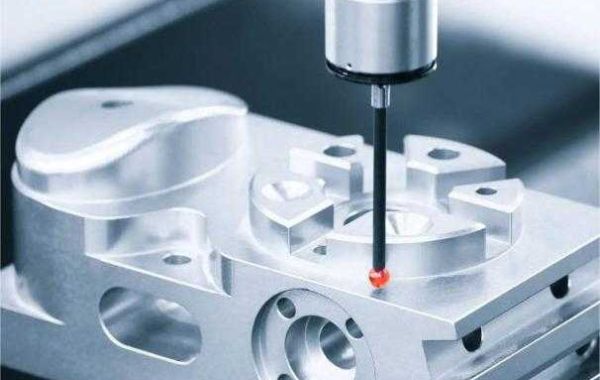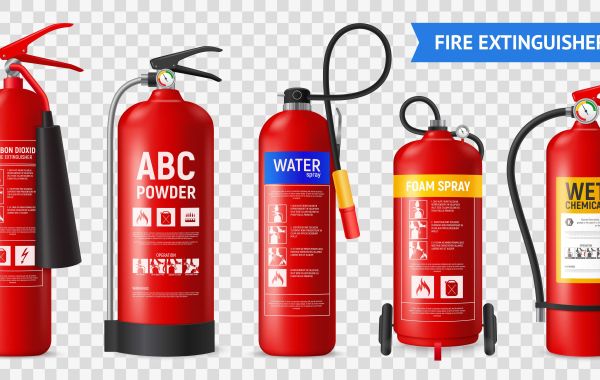Steel, aluminum, titanium, brass, copper, stainless steel, and plastic are typical metals for CNC machining. Softer materials are suitable for techniques like CNC carving or routing. Brass, aluminum, acrylic, plexiglass, and wood are among the materials that are CNC milling.
Aluminum
Aluminum is a great material for CNC machined components because it is highly corrosion resistant, highly machinable, and lightweight. Aluminum alloys are also relatively thermally and electrically conductive, which makes them suitable for use in electronics and thermal management.
The aerospace, automobile, cookware, medical, and consumer product industries frequently use aluminum alloys. A common material for casting or brazing is aluminum. The drawback of using aluminum is that it is occasionally difficult to weld. After machining, aluminum CNC projects could also require additional post-processing or finishing.
Stainless Steel
Today's stainless steel industry offers a wide variety of alloys. Strong materials with a protective oxide coating that occurs naturally make stainless steels ideal for tough situations. The alloying components that make up the different stainless steel grades cause them to vary. A wide range of components, including consumer goods, industrial applications, large machinery, medical equipment, kitchen ware and appliances, aerospace, military, and automobiles, use stainless steel alloys. Additionally, stainless steel is frequently used for parts like shafts, gears, bolts, nuts, and fittings that need to be exceptionally strong and reliable.
Some grades of stainless steel are easier to mill than others, although all are machinable. Since stainless steel CNC machining is a commonly used procedure, the majority of machine shops have a great deal of expertise with the equipment settings necessary for successful, high-quality machining of stainless steel.
Brass and copper
As a copper and zinc alloy, brass shares several characteristics with copper. Brass is strong and simple to machine. Additionally, this alloy has a low coefficient of friction and is corrosion resistant as well as electrically conductive. Plumbing, electrical, aesthetic, and medical applications are just a few of Screw machine parts, heavy industrial components, consumer goods, musical instruments, electrical components, and plumbing fittings are the best uses for this heavy, sturdy material.
Copper is a superior thermal and electrical conductor. For thermal or electrical applications, silver is the only metal that performs better than copper. Pure copper is difficult to CNC machine due to its high malleability at colder temperatures and its high ductility. Copper is a superior thermal and electrical conductor. For thermal or electrical . It is also more resistant to corrosion.
Titanium
Many sectors have been transformed by titanium, which has also supplied answers to some of the most difficult problems in the manufacturing sector. Titanium alloys are strong, robust, comparatively light, and resistant to corrosion.
Modern medical equipment and implantable parts like screws or devices frequently use titanium alloys. Because of their exceptional strength, high creep resistance, and superior metallurgical structure, these cutting-edge alloys are also widely used in the aerospace, industrial, and military sectors.
Plastic
Most synthetic and semi-synthetic materials are known as plastics. It is moisture-proof, insulating and chemical-resistant. This is a wear-resistant yet lightweight material.
Due to their low cost and light weight, CNC - machined plastics are widely used. Applications include bearings, containments that can withstand chemicals, laboratory apparatus, screws, electrical parts, and medical devices.
The above is the introduction of some materials used in the cnc process. If you want to know more, please click here.








